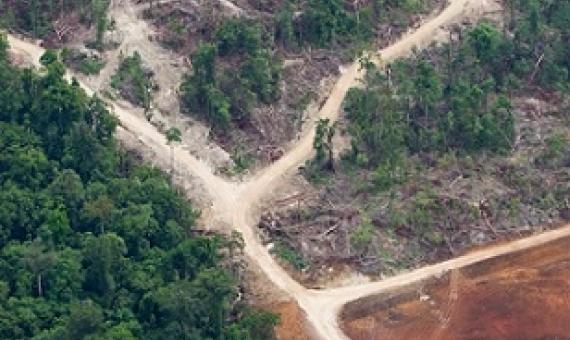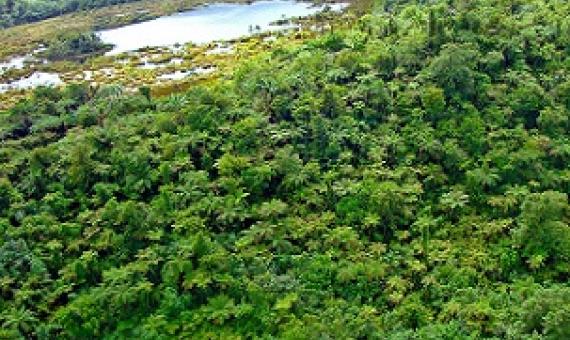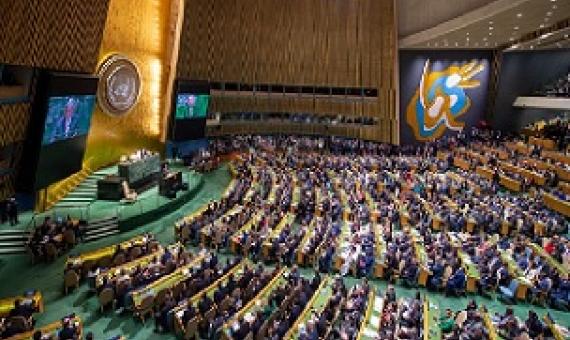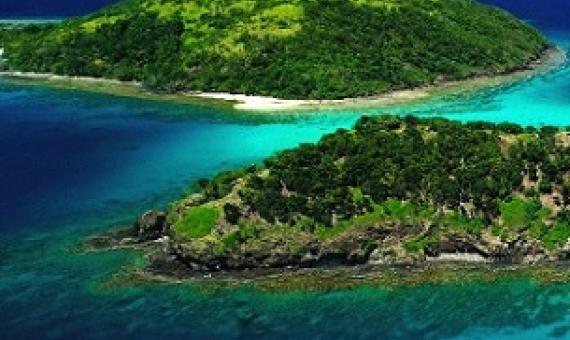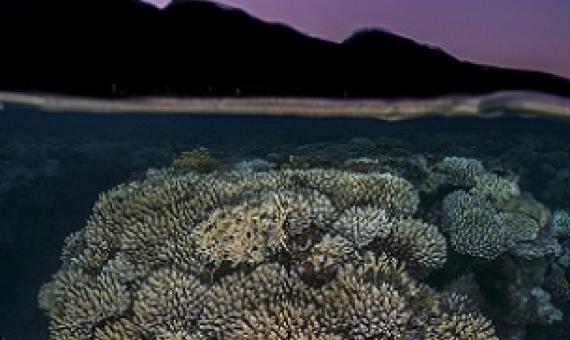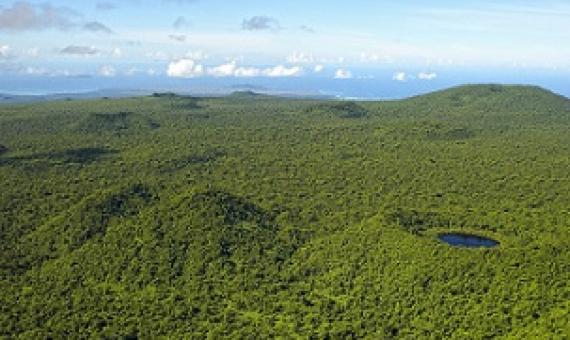Forests that are managed primarily for economic benefits are critical for biodiversity conservation, a United Nations report said. Mainstreaming biodiversity in such ‘production forests’ is paramount, said Mainstreaming biodiversity in forestry by the UN body Food and
The CBD Post-2020 biodiversity framework: People's place within the rest of nature
Recognizing two decades of failure to achieve global goals and targets, parties to the Convention on Biological Diversity are in the final phase of negotiating a Post- 2020 Global Biodiversity Framework for the conservation, sustainable use and benefit sharing of biodiversity. The framework attempts to set out path-ways, goals and targets for the next decade to achieve positive biodiversity change. This perspective intends to help that framework set people firmly as part of nature, not apart from it.
A beleaguered global deal to save the environment got a financial boost last week when Germany announced that it was upping its funding for international biodiversity conservation to €1.5 billion (US$1.49 billion) a year — an increase of €0.87 billion — making it the largest national financial pl
With only a few short months until Cop15 in Montreal, governments are gearing up to create targets on biodiversity for the next decade. The world has so far failed to meet any UN targets on halting the loss of nature, yet awareness of the challenge is greater than ever.
To reduce biodiversity loss in Fiji, the BIODEV2030 initiative is exploring how voluntary sectoral commitments can safeguard nature and livelihoods, while contributing to the country’s national biodiversity targets...BIODEV 2030 is helping 16 pilot countries secure voluntary, sector-based commitm
United Nations negotiators have begun talks in Nairobi towards reaching a new global pact for protecting nature and wildlife, after a previous round of talks in March failed to make progress.
Gains in biodiversity conservation and ecosystem services from the expansion of the planet’s protected areas
Protected areas safeguard biodiversity, ensure ecosystem functioning, and deliver ecosystem services to communities. However, only ~16% of the world’s land area is under some form of protection, prompting international calls to protect at least 30% by 2030. We modeled the outcomes of achieving this 30 × 30 target for terrestrial biodiversity conservation, climate change mitigation, and nutrient regulation.
New research published in the June 3, 2022 journal Science reveals that 44% of Earth's land area—some 64 million square kilometers (24.7 million square miles) requires conservation to safeguard biodiversity. The team, led by Dr. James R.
Scientists hope an ambitious agreement to arrest species extinction will be finalized in China later this year, but the country’s pandemic response puts that in doubt...They say the delay to the agreement, which aims to halt the alarming rate of species extinctions and protect vulnerable ecosyste
Lessons learnt in global biodiversity governance
INEA has featured many articles covering the dilemmas, puzzles, and tensions related to global biodiversity governance; this coverage was infrequent in earlier issues but has steadily increased as both environmental diplomacy and international law on biodiversity conservation and environmental justice have expanded. Using the defnition found in the Convention on Biological Diversity, we scanned INEA articles and derived several lessons learnt over the 2000–2020 period.

